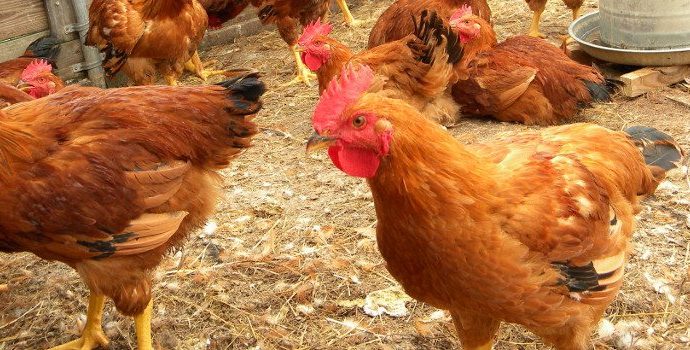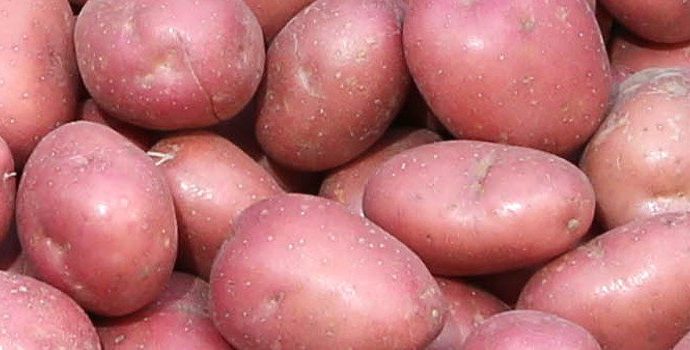IFA Calls for Free Nutrient Management Plans & Increased Targeted Payments
In a detailed Submission to the Department of Agriculture regarding adaptation to future climate challenges, IFA has called for a series of actions to be introduced.
- The extension of the scope of the CFRAMS flood analysis work, to cover all rural areas and farmlands.
- The introduction of targeted payments to support better agronomic practices and alternative breeding strategies.
- Full recognition of the positive role played by the farming and forestry sectors in storing and sequestrating carbon. This can be achieved through increased agri-environment payments under GLAS and other forestry schemes.
- A reduction in the greening compliance burden in the tillage sector and increased funding to allow for the expansion of the protein crop area eligible to receive the full coupled payment.
- The establishment of the long-awaited National Energy Forum to co-ordinate a coherent energy response to climate change, which maximises biomass and other renewable opportunities for the farming sector.
- The enactment of changes regarding hedge cutting and gorse burning proposed in the Heritage Bill to reduce the risk of wildfires and deliver a better balance between good farming practices and environmental obligations.
- The implementation of risk assessment and warning systems to assist farmers and forest owners to minimise the risks to production, from extreme weather events.
- To assist in better resource management, the new Nutrient Management Planning tool developed by Teagasc should be made available to farmers at no cost for a two-year period and on a least cost basis thereafter.
IFA Environment and Rural Affairs Chairman Thomas Cooney said “Ireland is a global leader in sustainable food production, being the only country in the world that measures, monitors and manages carbon from farm to fork. However more can be achieved and Government can make a real difference by implementing the measures proposed by IFA.”




